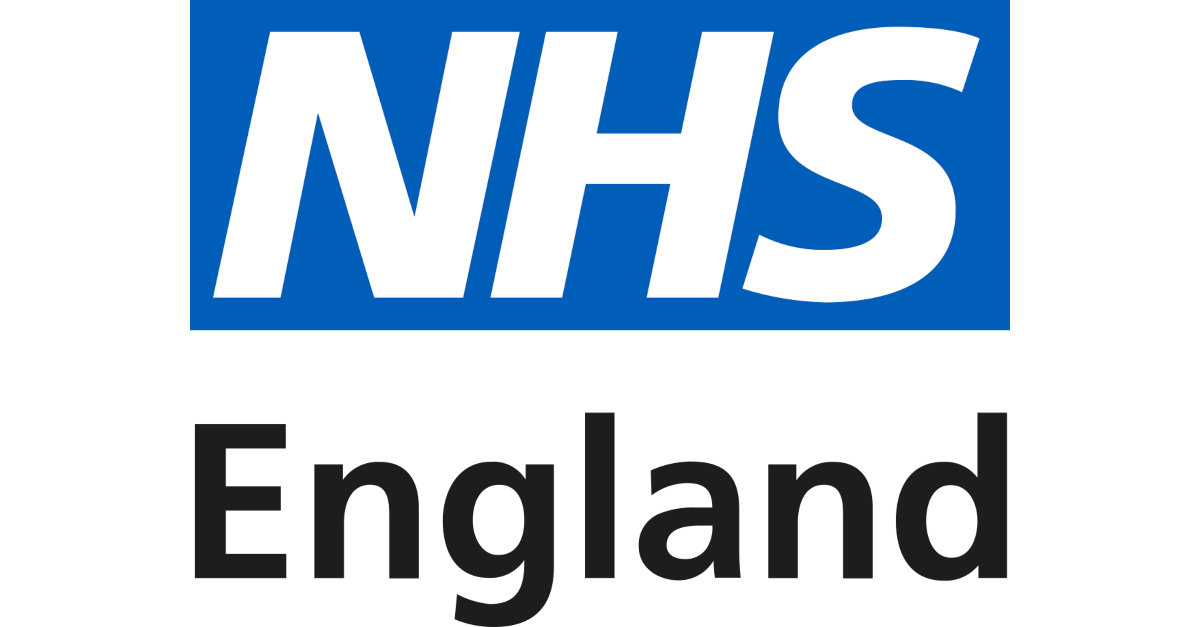Collaboration for Digital Health Goals
The NHS must enhance its collaboration with private enterprises to achieve the digital objectives outlined in the 10-year health plan, according to Dr. Charlotte Refsum, director of health policy at the Tony Blair Institute.
Government’s Vision for the NHS
The Prime Minister has emphasized the need for a future-ready NHS, and the 10-year plan, released on July 3, aims to illustrate the government’s strategy for achieving this goal. The plan highlights that:
- Change is essential for the NHS’s survival.
- The government is committed to implementing significant changes.
Emphasizing Patient Choice
One of the initial steps towards transformation is a greater focus on patient choice. The landscape of healthcare has evolved, and patients are increasingly unwilling to tolerate long wait times for appointments or emergency care. This shift has led many to seek services from private providers, which offer:
- Increased choice and autonomy.
- Better access to preventive care, planned procedures, and chronic disease management.
Commitment to Innovation
The 10-year health plan recognizes the importance of innovation, emphasizing:
- Quality, transparency, and choice.
- A promise to realign financial incentives and funding.
Central to this innovation is the NHS App, which has the potential to reshape the NHS’s operational model by allowing patients to:
- View health outcomes.
- Exercise choice in their care.
- Access advanced treatments through clinical trials.
- Utilize third-party services certified by the NHS.
Importance of a Single Patient Record
The success of the NHS App is contingent upon the establishment of a single patient record (SPR). This system will enable:
- Patients to receive care from the right professionals at the right time.
- Better triage and management of long-term conditions.
- Safer and more effective care through up-to-date information.
- Precision public health tailored to individual health risks.
Need for Private Sector Collaboration
For the NHS to remain a leader in innovation, particularly in the age of AI, it must strengthen its partnerships with private enterprises. The 10-year health plan supports this by proposing:
- Centralized procurement of digital technologies.
- A national approach to service delivery.
Challenges Ahead
While the 10-year plan is promising, it is not without flaws. Key points include:
- It serves more as a vision than a concrete plan.
- Many aspects remain unfunded.
- Details still need clarification.
Prioritizing the NHS App
Dr. Refsum suggests that the government should prioritize the development of the NHS App. With adequate political support, this app could evolve into a sophisticated health companion, fundamentally changing how individuals:
- Access care.
- Manage their health.
- Engage with the healthcare system.
Getting the NHS App right could represent a significant enhancement in public service experience, achievable within the next four years, and could reflect the government’s effectiveness.
Dr. Charlotte Refsum is the director of health policy at the Tony Blair Institute and played a key role in shaping the strategy for data and technology in the NHS’s 10-year health plan.
